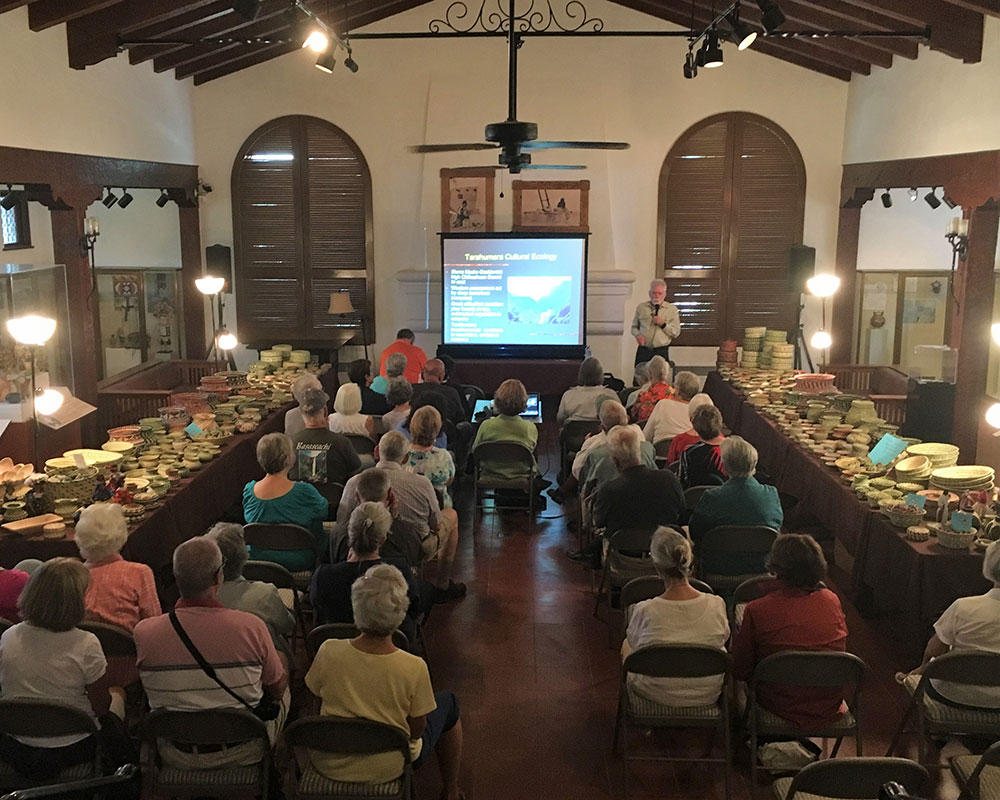The Anthropology of Technology
October 10-16, 1998

Seminar Participants
- Meredith Aranson, Institute for Research on Learning/Palo Alto Research Center
- Peter Bleed, University of Nebraska, Lincoln
- Marcia-Anne Dobres, University of California, Berkeley
- Richard A. Gould, Brown University
- Timothy Ingold, University of Manchester
- Charles M. Keller, The University of Illinois, Urbana-Champaign
- W. David Kingery, University of Arizona
- Bryan Pfaffenberger, University of Virginia, Charlottesville
- Michael B. Schiffer, University of Arizona
- James K. Skibo, Illinois State University, Normal
- Lucy Suchman, Xerox Palo Alto Research Center
- William Walker, New Mexico State University
- Richard Wilk, Indiana University
Seminar Abstract
The anthropological study of technology has deep roots in both archaeology and cultural anthropology, going back to the founding of the discipline. However, the theoretical study of technology was backgrounded to other topics during much of the 20th century. Fortunately, in the past decade or two, a limited number of scholars in both subdisciplines have led a sustained revival of theoretical and empirical research on technology, particularly on its cultural, social, and behavioral contexts. Regrettably, the diverse and creative anthropologists leading this revival have had no forum in which they could discuss emerging theories and methods and learn from each others insights and mistakes. What is more, these developments have suffered from decided insularity because there has been no self-conscious emergence of an anthropological community that studies technology. This conference remedied that situation by facilitating interaction across various theoretical and subdisciplinary cleavages. This conference served as a fillip to the explicit development of a distinctive anthropology of technology, made up of differing but potentially compatible perspectives that have been evolving during the past two decades. The participants chosen have helped to create the new perspectives, and so are well qualified to represent them in open and hard-hitting discussions.
In addition to the revival of technology studies going on in anthropology, one can see across the academy and in sundry practical contexts burgeoning interest in the social, cultural, and behavioral contexts of technology. These studies, however, are oblivious to the progress made in anthropological research on technology. Thus, by bringing together in one volume diverse yet interrelated anthropological perspectives on technology, we can call attention to the unique contributions that anthropologists can make to issues being addressed now in countless disciplines, from folklore to engineering.
The immediate goal of the conference, then, made explicit various theoretical perspectives on technology being built by archaeologists and cultural anthropologists, which were illustrated with case studies, that helped to coalesce an anthropology of technology. Published in one volume, the papers serve as an invaluable resource to students of anthropology, practicing anthropologists (regardless of subdiscipline), and others interested in the theoretical study of technology in context.
Basic issues and topics discussed: (1) human agency in the evolution of technology; (2) how one might mesh behavioral (scientific) and postmodern perspectives; (3) the relationships between chaine-operatiore and behavioral-chain models; (4) the complementarity of prehistoric, historic, and modern cases of technological change; (5) the kinds of models/theories most appropriate for explaining invention, commercialization, and adoption of new technologies; (6) the role of materials characterization in technological studies; (7) the models/theories are most useful in applied contexts; (8) what applied anthropologists studying technological change and technology transfer can contribute to the development of anthropological theory.
